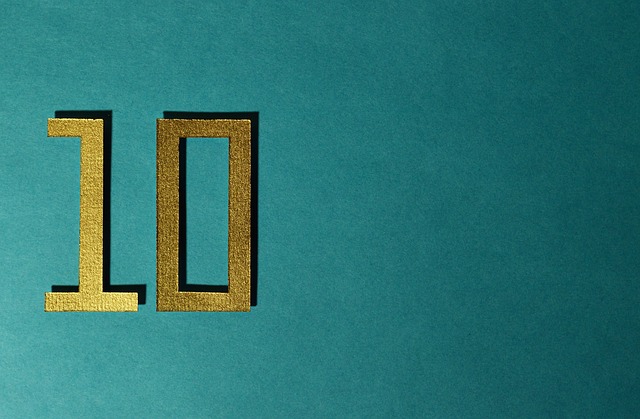| Morning
Adhkar |
Between Fajr & Sunrise |
|---|---|
| Evening
Adhkar |
Between ‘Asr & Maghrib |
The following are some of the virtues of remembering Allah (subḥānahū wa taʿālā) after Fajr and performing Ṣalāh al-Ḍuḥā:
1) Following the Sunnah
Jābir (raḍiy Allāhu ʿanhu) relates that after Allah’s Messenger ﷺ would perform Fajr, he used to remain seated in his place of prayer until the sun had fully risen (Muslim).
The predecessors disliked that people would talk in the masjid after Fajr ṣalāh, until sunrise. Imām al-Awzāʿī (raḥimahullāh) said, “When dawn broke, it was as if there were birds perched on the heads of the predecessors. They were deeply immersed in their personal (remembrance of Allah), to the extent that if a close friend had been absent for some time and then showed up, they would not pay him any attention. They would remain like this until around sunrise.”
2) Angels Make Duʿa for You
ʿAṭā’ b. al-Sā’ib (raḥimahullāh) narrates, “I entered upon Abū ʿAbd al-Raḥmān al-Sulamī (raḥimahullāh) who had performed Fajr and was seated in the Masjid. I said to him, ‘If you go and sit on your bed, it will be more comfortable.’ He replied, ‘I heard ʿAlī (raḍiy Allāhu ʿanhu) saying: ‘I heard the Messenger of Allah ﷺ saying, “Whoever performs Fajr and remains seated, the angels supplicate for him. And their supplication is, ‘O Allah, forgive him, O Allah, have mercy on him.’ And whoever waits for ṣalāh, the angels supplicate for him. And their supplication is, ‘O Allah, forgive him, O Allah, have mercy on him’” (Aḥmad).
3) Reward of Freeing Four Slaves
The Messenger of Allah ﷺ said, “That I sit with people remembering Allah from Fajr until sunrise is more beloved to me than freeing four slaves from amongst the Children of Ismāʿīl (ʿalayhis-salām). That I sit with people remembering Allah from ʿAṣr until the sun sets is more beloved to me than freeing four slaves from amongst the Children of Ismāʿīl (ʿalayhis-salām)” (Abū Dāwūd).
4) Reward of Hajj and ʿUmrah
The Messenger of Allah ﷺ said, “Whoever offers Fajr in congregation and remains seated, engaging in the remembrance of Allah until the sun has risen, and then offers two rakʿahs, he will have a reward equal to that of performing ḥajj and ʿumrah.” He ﷺ said, “Complete, complete, complete (i.e. complete reward)” (Tirmidhī).
• Ibn Ḥajar (raḥimahullāh) mentioned that if someone gets up and moves to another section of the masjid with the intention of waiting for ṣalāh, his reward will be the same.
• The scholars have also stated that this reward is equally applicable to a woman who sits in the place where she performs Fajr and remembers Allah or recites the Qur’ān until sunrise.
• Ṣalāh al-Ḍuḥā may be prayed 15 minutes after sunrise until 10 minutes before Ẓuhr starts.
5) You Will Be From the ‘Awwabin’
The Messenger of Allah ﷺ said, “None preserves the ḍuḥā prayer except for the awwāb (oft-repentant)” (Ṭabarānī).
6) Equates to Your Daily Charity
The Messenger of Allah ﷺ said, “In the morning, charity is due for every joint in the body of every one of you. Every tasbīḥ is an act of charity. Every taḥmīd is an act of charity. Every tahlīl is an act of charity. Every takbīr is an act of charity. Enjoining good is an act of charity and forbidding evil is an act of charity. And the two rakʿahs which one prays at the time of ḍuḥā will suffice (the above)” (Muslim).
7) Suffices You for Your Day
The Messenger of Allah ﷺ said, “Allah, Blessed and Most High, said, ‘Son of Ādam, perform four rakʿahs for Me in the beginning of the day; it will suffice you for the latter part of it” (Tirmidhī).
Once I was with Ibn Taymiyyah (raḥimahullāh). He performed Fajr and then sat down to remember Allah until sunrise. Then he turned to me and said, ‘This is my breakfast. If I do not have my breakfast, I lose my strength.’ – Ibn al-Qayyim (raḥimahullāh)






